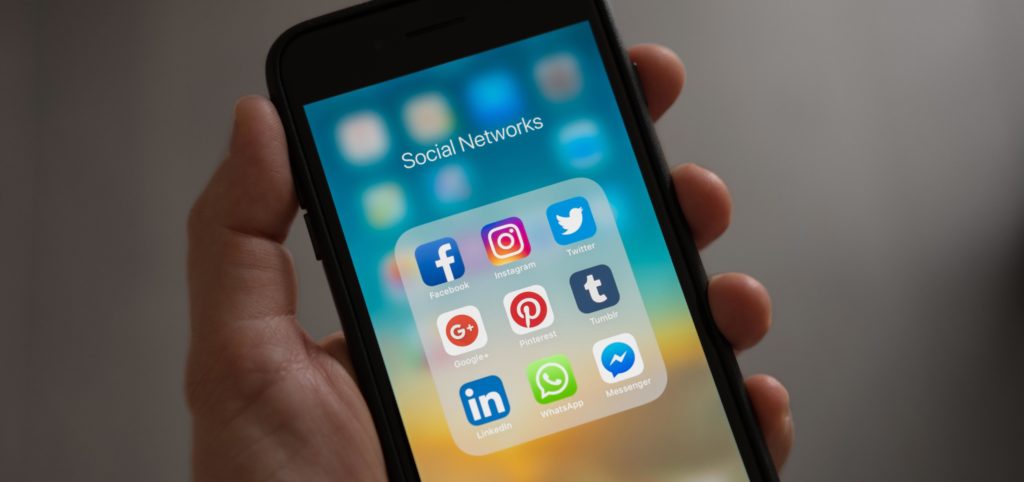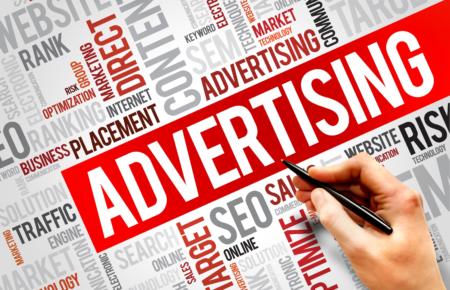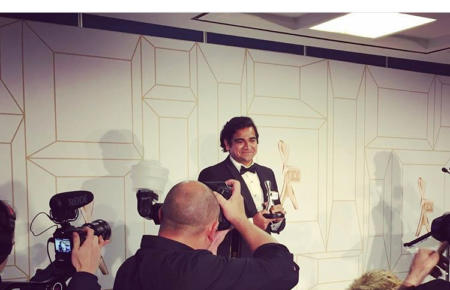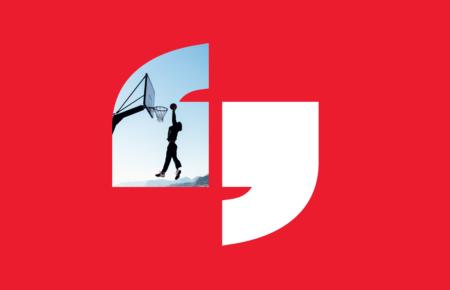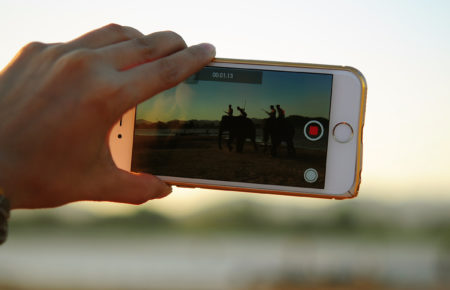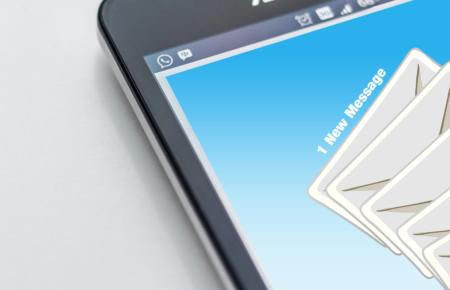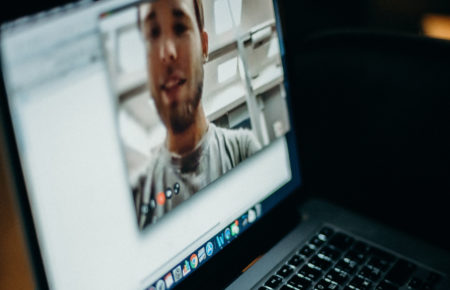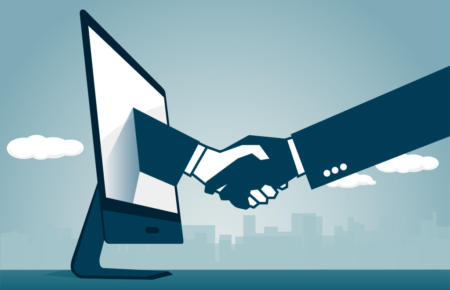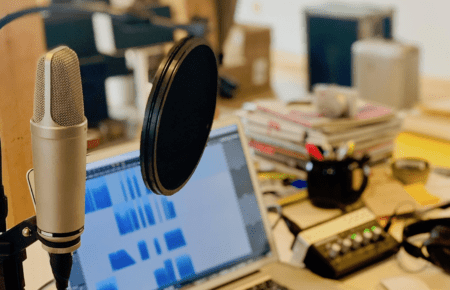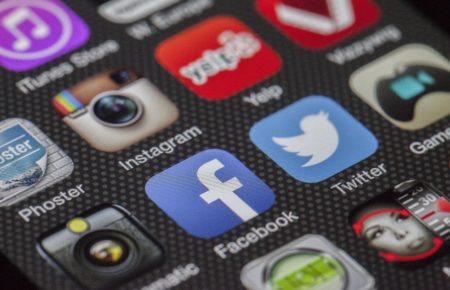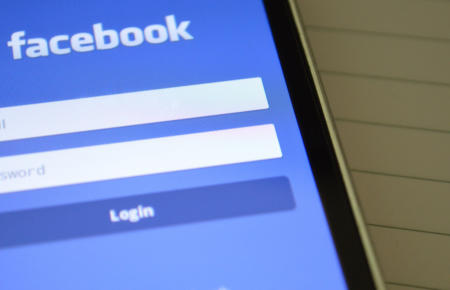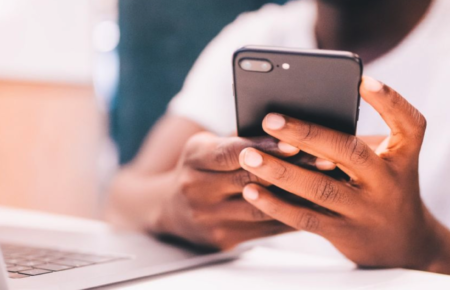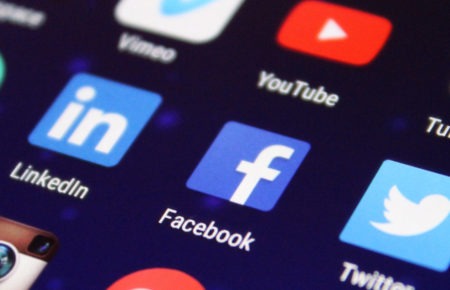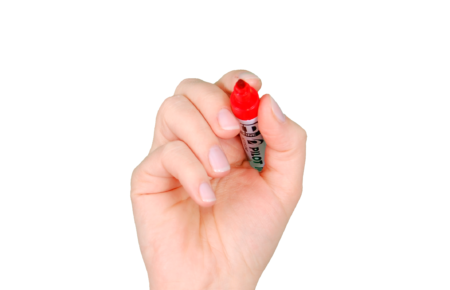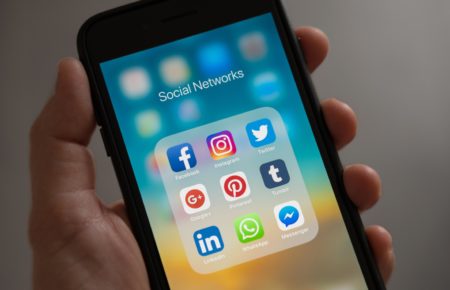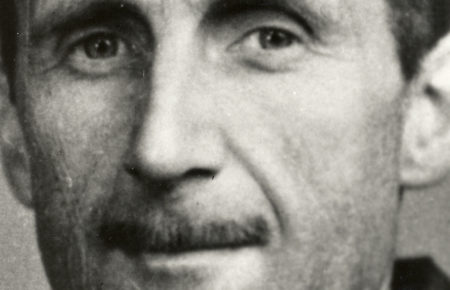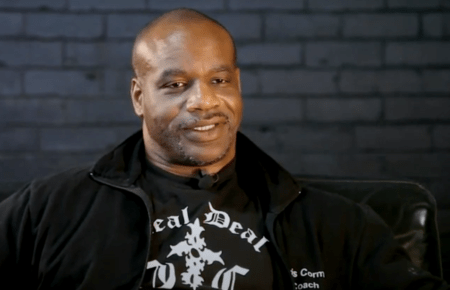Smart sportspeople can get the upper hand with sponsors — but some will always misuse social media and face the consequences.
The entire country seems to be only just recovering from the news that people who hit a ball around for a living might not be emblems of moral fibre (shocked, shocked!). I am, of course, talking about the ball-tampering scandal that has seen three members of the Australian cricket team suspended, including captain Steve Smith, who has resigned in disgrace. And the response from the brands associated with cricket has been swift.
This despite the scandal being far from the worst thing Australian sportsmen have ever done — not by a long shot. For some reason this has hit Australia right in the patriotism. Smith was dropped by Sanitarium (maker of Weet-Bix), David Warner was dropped by LG; Warner and Cameron Bancroft were both dropped by Asics.
In addition, Magellan has terminated its deal with Cricket Australia while sponsor Qantas’ Allan Joyce publicly said he was very disappointed about the incident. (Almost a disappointing as Qantas not paying any tax in 2017.)
But you know what’s quite interesting? This has all happened without social media really getting involved. Usually, for sponsors to drop high-profile athletes, it takes a monumental stuff-up on a social platform or a groundswell of social media pressure on a brand. In this case, it seems brands took it upon themselves to be moral arbiters.
People have (mostly) learnt how to use social media
Now, it’s true, this doesn’t happen as much as it used to, at least not with sportspeople. Athletes of previous generations were a lot less savvy and social media was much younger; its power wasn’t quite as understood. (However, there are still some dum-dums, as we’ll see below.)
These days, it’s just as likely to be a sponsored athlete taking a brand to task.
More and more we’re seeing athletes taking it upon themselves to call our their sponsors when a brand representative — or CEO — says or does something not in line with the sportsperson’s ethics or beliefs. Both Steph Curry and Misty Copeland were vocal about disagreeing with their sponsor Under Armour’s CEO Kevin Plank when he publicly supported President Trump.
This makes sense. After all, companies these days are using an athlete’s own brand for leverage even more than they used to. Sports people and influencers are their own businesses and through social media are potentially more powerful than their sponsors. Indeed, the pressure by Copeland and Curry resulted in Under Armour releasing a statement ‘clarifying’ the CEO’s remarks.
However, it still bears repeating that all social media is publishing and people will see it — especially if you’re a high-profile person. So here are six times high-profile people lost sponsors — or worse — because of their social media posts.
Content warning: LOTS of homophobia (though I won’t directly quote any).
1. Israel Folau
This one is hot off the press, so no sponsor has made a move just yet — but I’ve got my fingers crossed. Rugby jackass Israel Folau recently made homophobic statements on Instagram and Wallabies sponsor Qantas is now said to be reconsidering its sponsorship of the team. Folau has not made any attempt as an apology. On the contrary, he’s now posting cherry-picked bible verses on social media, digging his heels in to the controversy. Hot tip, mate: you’re a rich and famous sports star, not a persecuted victim. Persecuted actually describes the people you said would burn in hell.
2. Stephanie Rice
Speaking of the Wallabies and massive idiots, who could forget Olympic swimmer Stephanie Rice’s infamous tweet when the Wallabies won the rugby against South Africa? It was the heady days of 2010, where a famous gold medallist with a huge social media following felt comfortable to tweet the f-word for gay out into the world wide web. Jaguar, her sponsor, promptly dropped her, despite reading from the classic Aussie Sports Apology playbook: ‘I’m sorry if I offended anyone’.
3. Rashard Mendenhall
Rashard Mendenhall, running back for American football team the Pittsburgh Steelers, was dropped by sportswear brand Champion after tweets that were interpreted at the time as being sympathetic to Osama Bin Laden. The news story had just broken about Bin Laden’s death and Mendenhall, ambivalent about celebrating, tweeted, “What kind of person celebrates death? It’s amazing how people can HATE a man they have never even heard speak. We’ve only heard one side…” Throw in another tweet about 9/11 being a conspiracy and Mendenhall was toast.
4. Andre Grey
Steph Rice wasn’t the only one being a homophobic pest on Twitter in the early 2010s. In 2012, British footballer Andre Grey took to Twitter to spout violently homophobic nonsense. The tweet was live for, oh, only four years before his team Burnley found out. His punishment? Suspended for four months. Doesn’t quite seem right, does it? Maybe this list should be of people who got off rather lightly considering…
5. Anthony Weiner, various other politicians
US Democratic politician Anthony Weiner’s social media scandals are so extensive they have their own Wikipedia page. The most famous was in 2011, when he ‘accidentally’ tweeted a photo of his private parts out to his followers, later claiming he meant to send it privately to a 21-year-old college student. Uh, yeah, that didn’t make it sound any better. The immediate fallout was Weiner resigning from Congress but Weiner (yes, everyone noticed the joke too) just couldn’t help himself. Sexting scandals followed in 2013 and 2016. He currently resides in Federal Medical Center, a prison for people with mental health issues.
Mark Thornton, a potential candidate for Pauline Hanson’s One Nation Party (turn around three times and spit), was in some hot water last year. In front of Senator Hanson herself, Thornton was asked at a press conference about a sex shop he owned and very questionable social media posts from its account. His penalty? He actually didn’t get kicked out because, you know, One Nation.
(Oh but Canadian politician Jad Crnogorac from the Nova Scotia Progressive Conservatives was kicked out of her party for several social media posts that were racist and made fun of rape.)
6. Nate Diaz
In 2013, then-up and coming lightweight UFC fighter Nate Diaz took to Twitter after…look, it doesn’t matter what it was about. He said something homophobic (notice a pattern here?). The UFC suspended him for 90 days and fined him $20,000 for breaking its code of conduct. Has Nate learnt his lesson about running his fingers on Twitter? Eh, not really.
These days, there’s no reason smart athletes and high-profile people can’t get leverage with their sponsors — but there will always be those who just don’t get it.
Need help with your social media? Let us know.
